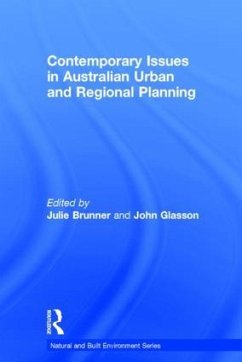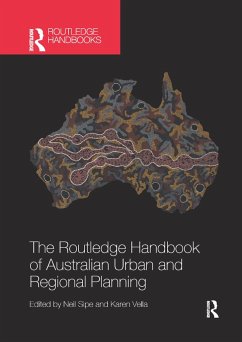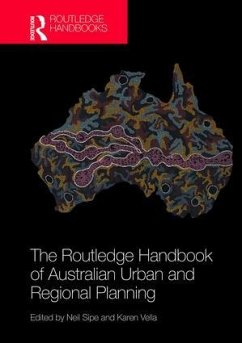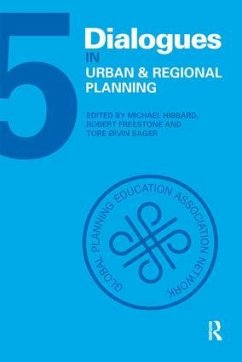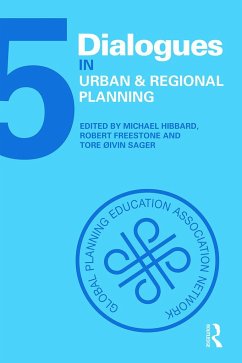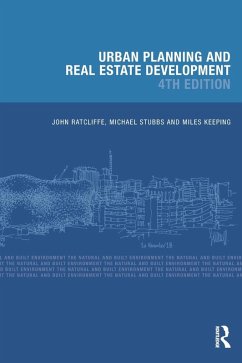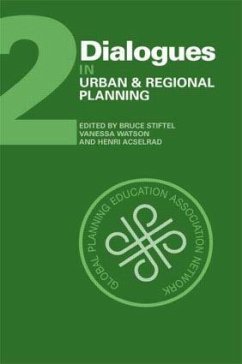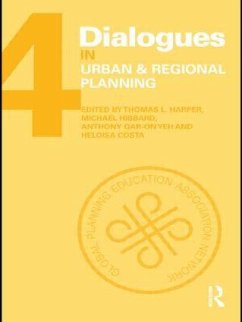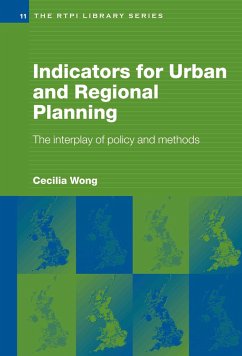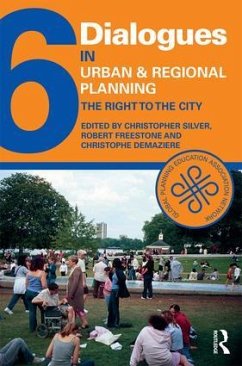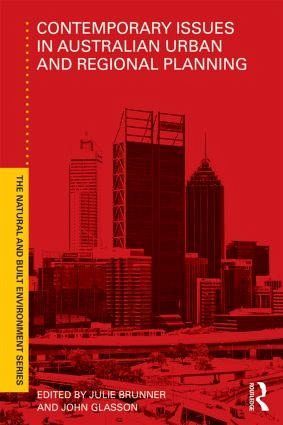
Contemporary Issues in Australian Urban and Regional Planning

PAYBACK Punkte
35 °P sammeln!
Contemporary Issues in Australian Urban and Regional Planning looks at a wide range of planning issues in Australia from the city to the regional scale, covering key topics in sustainable development and planning including economic, social, environmental and governance perspectives. It also covers issues of climate change, population and urbanization trends, economic competitiveness and the Quadruple Bottom Line (QBL) Sustainability agenda. The book is organized around three key elements: Pressures and Principles of development and planning for sustainability Planning Practice and Processes fo...
Contemporary Issues in Australian Urban and Regional Planning looks at a wide range of planning issues in Australia from the city to the regional scale, covering key topics in sustainable development and planning including economic, social, environmental and governance perspectives. It also covers issues of climate change, population and urbanization trends, economic competitiveness and the Quadruple Bottom Line (QBL) Sustainability agenda. The book is organized around three key elements: Pressures and Principles of development and planning for sustainability Planning Practice and Processes focused on essential topics including cities, regions, rural areas, and social and environmental issues and Future Processes and Prospects for planning practice and education covering the fundamental issues of assessing sustainability, managing risk, effective participation and evolving approaches to planning education. Contemporary Issues in Australian Urban and Regional Planning is an invaluable resource for students and practitioners of planning and related fields and provides a critical perspective on current issues in evolving natural and socio-economic contexts in Australian planning.





